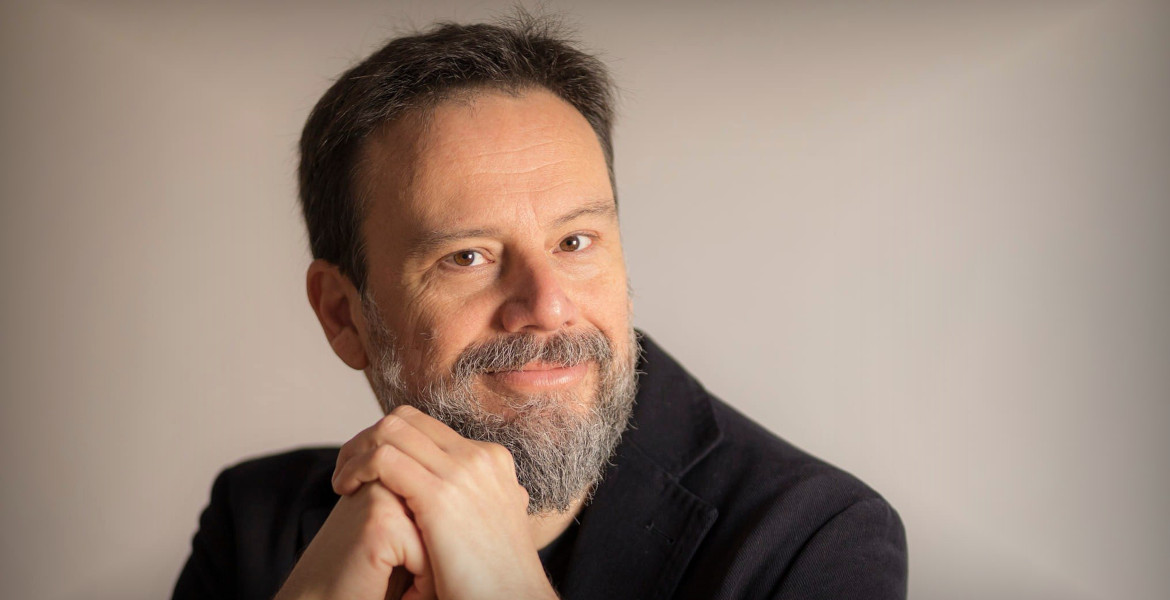The ambitions of our decision-makers to increase their power are increasingly visible, and today is no exception. In light of the "all threats to democracy" that have emerged in the world recently, the government recently proposed to make it more difficult and require a larger majority to change the Swedish Constitution. In addition, the courts will be protected from political influence.
All parties apparently already agree. Much like everything else nowadays that involves important issues for the Swedish population, where we who take the biggest hit from the consequences are not consulted at all, but those in power make decisions as they see fit over the heads of the citizens – NATO membership, DCA agreement, unlimited support for the proxy war in Ukraine, the green transition, the spy law, the gender identity law, new pandemic law, etc. are just a few examples.
Referring to preemptively protecting the population from future authoritarian leaders is really the icing on the cake, given that they themselves already subscribe to that title.
Moreover, it sounds like it would be too easy to change constitutions now, but at the end of the day, it's all about will. Had our ruling politicians wanted to make important changes, they would have made sure it was done, but instead they have dragged their feet for decades on important issues that would have benefited society, while laws/regulations that involve expanding their own control have been pushed through at turbo speed.
A perfect example of this is the introduction of new rules for revoking citizenship in order to counter violent extremism, which they have built a castle in the air around for almost 20 years.
As early as 2006, an investigation was presented to the government and parliament because the police had already reported that more than 1,000 war criminals were in Sweden and that they wanted to tackle the problems of people who had used bribes to obtain their citizenship or lied about their criminal background, as well as making it more difficult to obtain Swedish passports.
The report noted, among other things, that re-examination of citizenship and the possibility of revoking citizenship had already been introduced by several European countries, including Denmark, Finland, the Netherlands, Norway, Canada, the United Kingdom and Germany.
In December of the same year, a representative of the Christian Democratic Party sent a written question to the Minister of Justice, Beatrice Ask (M), asking how the government intended to proceed with the information that emerged from the investigation. They also asked whether criminals who have been granted Swedish citizenship should not be deprived of their citizenship.
In January 2007, Ms. Sabuni (Liberal Party) sent a reply stating that the introduction of revocation of citizenship would require a constitutional amendment and that it could therefore not take place until after the 2010 elections at the earliest.
Now, 18 years later, quite a few elections have passed in between – not to mention how violent extremism has been allowed to develop through, for example, the IS terrorists that we so kindly took back – without the constitutional amendment taking place, even though, according to our current decision-makers, it is all too easy to push through a constitutional amendment, so that the law has to be tightened further.
Ironically, at the beginning of this year, the center-right government, together with the Sweden Democrats, presented the results of (yet another) investigation into the possible revocation of citizenship in order to get at gang criminals. If this growing problem had been addressed back in 2006, we would now have more tools – but we are not talking about that.
But don't think that a decision is imminent. A government bill is due in 2026, which needs to be voted through in Parliament, and then another vote is needed next term to change the constitution. By then, we will probably have changed the color of the government once again, and the issue could be shelved until 2029.
This was just one example. Since there is no civil service accountability (abolished in 1974) – incidentally, an issue that has also been aged for years without being reintroduced – this abuse of power that goes on in the halls of power, where it is routine to bury important issues in investigations just in time for the next election, can continue unhindered. Yet the Swedish people continue to have high confidence in these overpaid jokers and provide them with a renewed mandate every four years, because no one can be bothered in this country.
So who should be protected when we already have authoritarian leaders in place? Rather, those in power who are looking after their nest.
Jenny Piper





